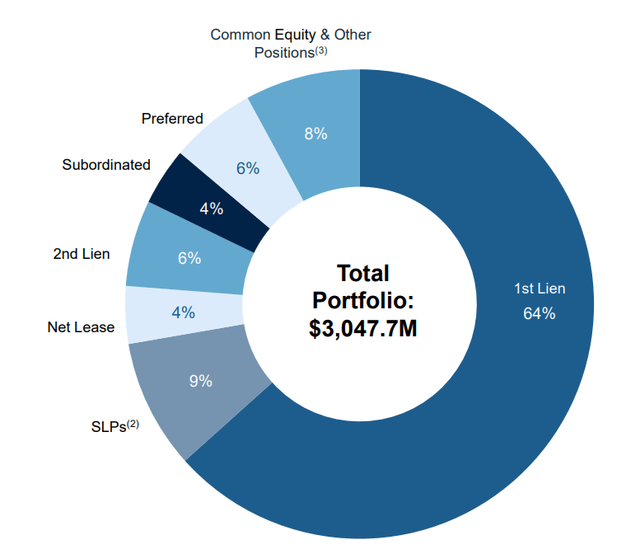Hesitant to Invest? Why Americans Are Holding Back & What It Means for the Economy
The U.S. economy is showing signs of resilience, but a pervasive sense of unease lingers among Americans. From hesitating on major home purchases to rethinking career paths, a cautious sentiment is shaping financial decisions. This isn't just about individual choices; it's a reflection of broader economic anxieties and potentially a signal of what's to come.
The Root of the Hesitation: A Perfect Storm of Factors
Several factors contribute to this widespread hesitancy. The lingering effects of inflation, while easing, are still impacting household budgets. Rising interest rates, intended to curb inflation, have made borrowing more expensive, particularly for significant purchases like homes and cars. Geopolitical uncertainty, including ongoing conflicts and supply chain disruptions, adds another layer of apprehension. Furthermore, the rapid shifts in the job market, with layoffs in some sectors and a persistent skills gap in others, have many questioning the stability of their careers.
Real Estate: A Market in Pause
The housing market, once a symbol of American prosperity, is currently experiencing a slowdown. Higher mortgage rates have priced many potential buyers out of the market, and existing homeowners are reluctant to sell, fearing they won't find a comparable property at an affordable rate. This creates a “locked-in” effect, limiting inventory and further complicating the situation. While prices have stabilized in many areas, the dream of homeownership feels increasingly out of reach for many Americans.
Career Crossroads: Rethinking the Future of Work
The pandemic fundamentally altered the way we work, and many Americans are still navigating this new landscape. The rise of remote work, while offering flexibility, has also blurred the lines between work and life. Layoffs in the tech sector, despite a generally strong labor market, have highlighted the potential for job insecurity. As a result, individuals are more carefully considering their career paths, seeking opportunities with greater stability and growth potential, and even exploring entrepreneurial ventures.
Timing Big Purchases: A Balancing Act
So, when *is* the right time to make those big purchases? The answer, as always, is nuanced. Financial advisors generally recommend assessing your individual financial situation – income, debt, savings – before making any major commitments. Now might be a good time to focus on paying down high-interest debt and building an emergency fund. If you're considering a home purchase, carefully evaluate your affordability and consider a longer-term perspective. Don't rush into anything based on fear of missing out (FOMO); instead, prioritize financial stability and long-term planning.
Navigating the Risks: A Proactive Approach
The current economic climate requires a proactive approach to risk management. Diversifying investments, maintaining a healthy credit score, and staying informed about economic trends are all crucial steps. Consider consulting with a financial advisor to develop a personalized strategy tailored to your specific goals and risk tolerance. Remember, economic cycles are inevitable; periods of uncertainty are often followed by periods of growth. By staying informed and making sound financial decisions, you can weather the storm and position yourself for future success.
Looking Ahead: What’s Next for the U.S. Economy?
While the future remains uncertain, economists are cautiously optimistic. Inflation is showing signs of cooling, and the labor market remains relatively strong. However, the Federal Reserve's monetary policy decisions and global economic conditions will continue to shape the trajectory of the U.S. economy. For now, a cautious and well-informed approach to financial decision-making is the best strategy for navigating these challenging times.






